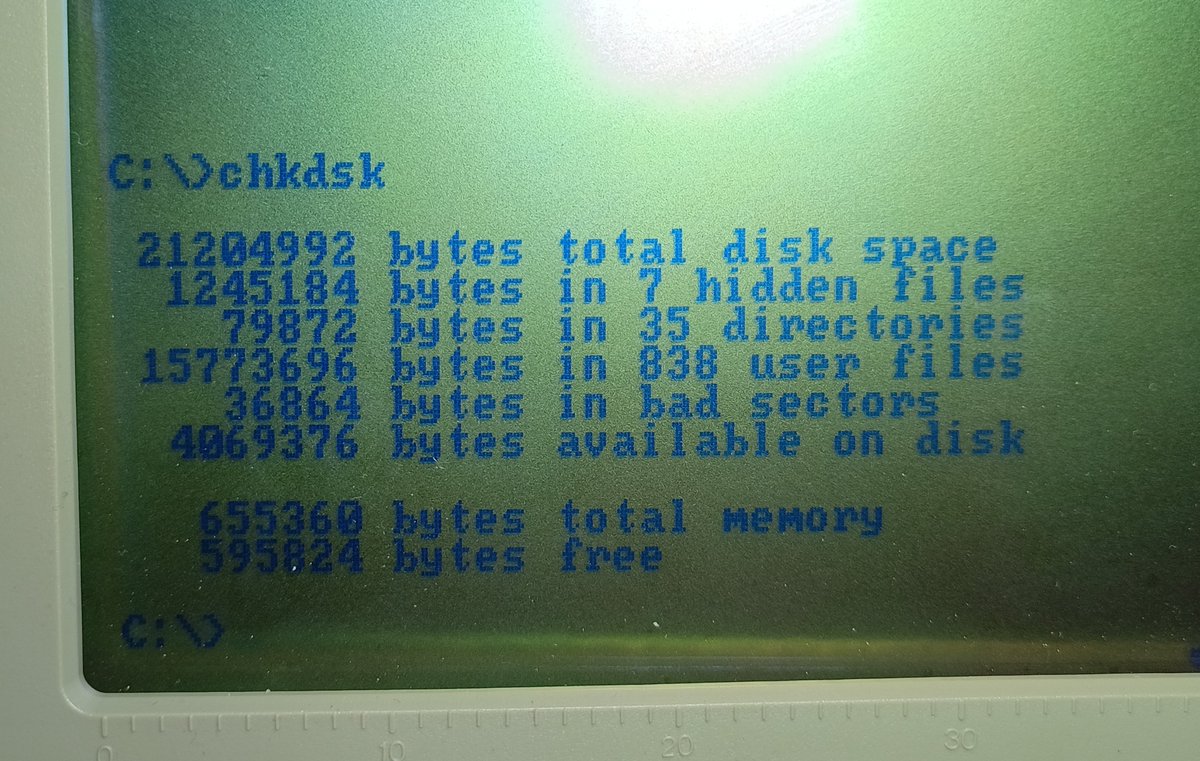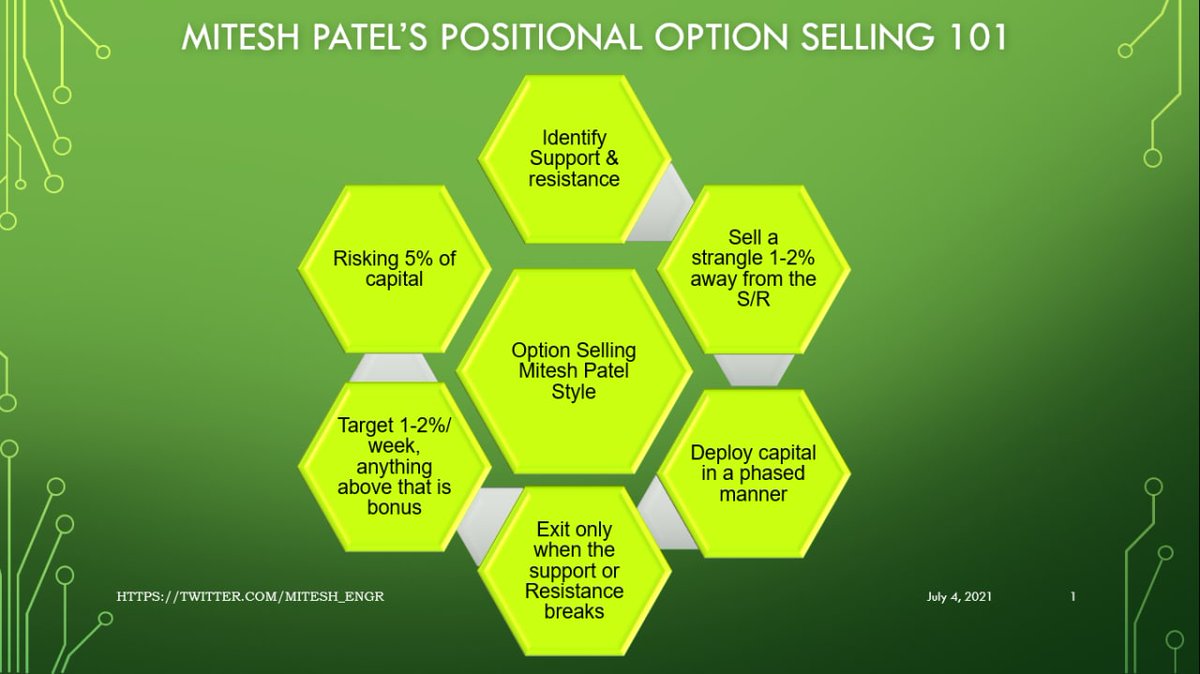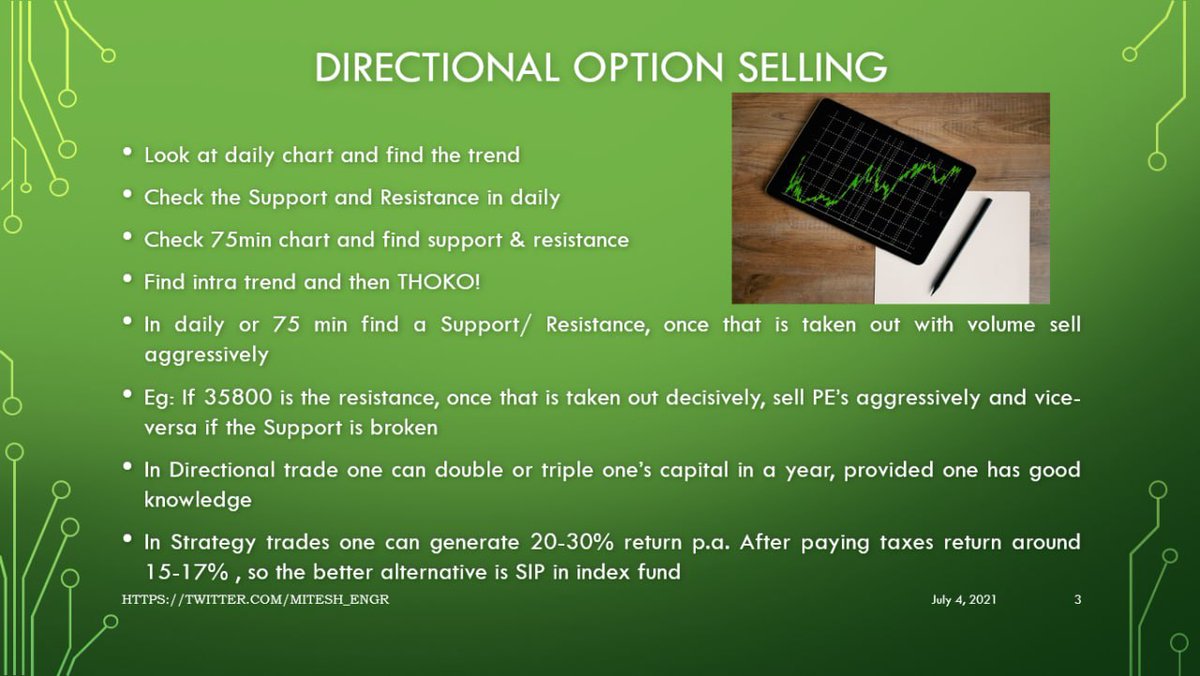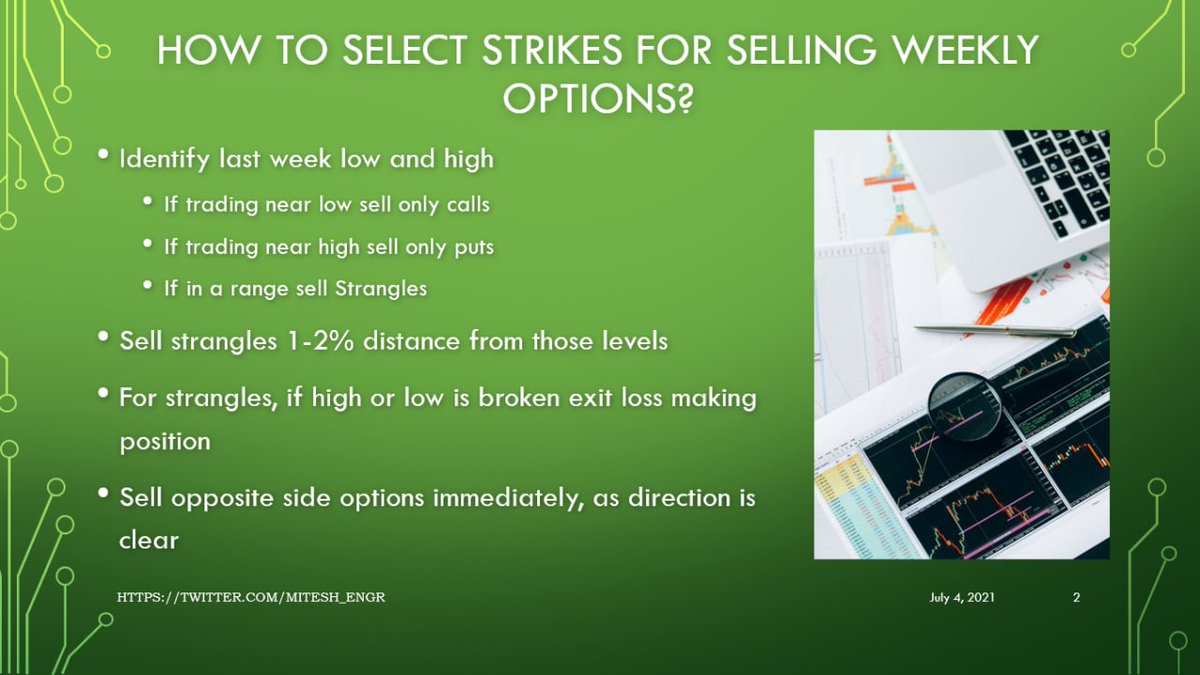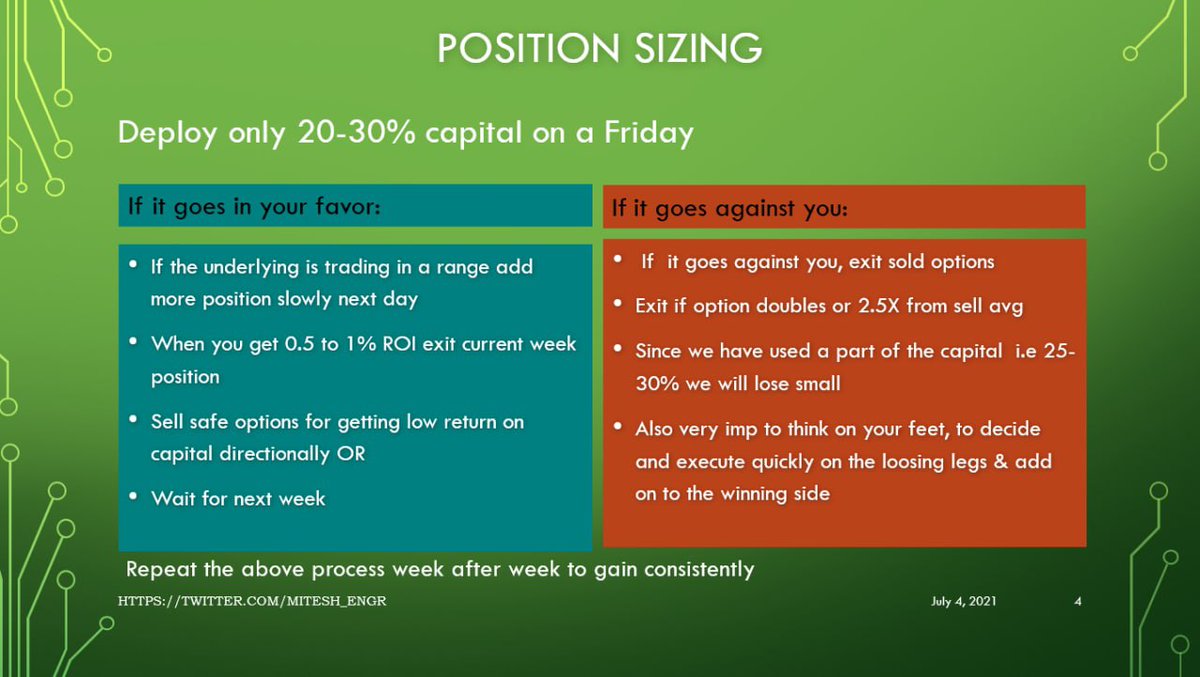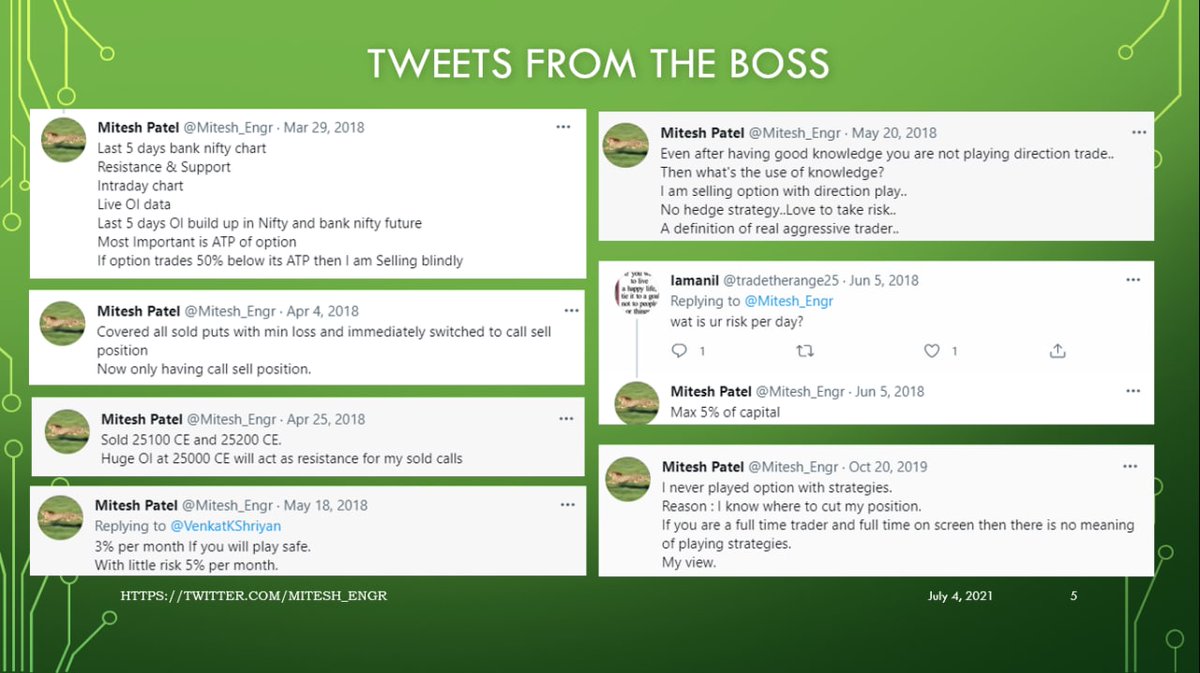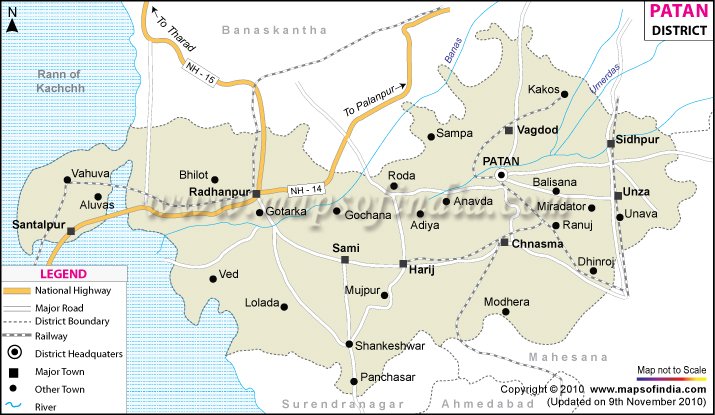Here's the thing, as someone who sees themself both in ad tech & as a privacy advocate: Advertisers who seek personalized targeting will focus on platforms with the most personal data: Facebook & Google. But I don't believe the status quo of ad targeting is the only future of it.
So the loss of audience targeting is another major negative for the open web as opposed to walled gardens who are mostly not affected - silence from privacy advocates. 6/
— Paul Bannister (@pbannist) January 5, 2021
The biggest story in tech no one\u2019s talking about is Uber discovering they\u2019d been defrauded out of $100M - or 2/3 of their ad spend.
— Nandini Jammi (@nandoodles) January 3, 2021
And all bc Sleeping Giants kept bugging them to block their ads on Breitbart. pic.twitter.com/SiS3MndewS
Do Ads Work? An Inquiry.
— Nandini Jammi (@nandoodles) January 4, 2021
In March 2017, @sapna reported that @chase was running ads across 400k sites when they were alerted they were running on hate speech. So they hand-picked 5k sites & deleted the other 395k.
They found NO change in performance. https://t.co/MzSIxjX7y3 pic.twitter.com/0AlKAOVbcF
A Moz author crunchs numbers: while more ads could have been seen by humans we can only be absolutely sure of 8%. https://t.co/8QPBiNaCwg
— Aram Zucker-Scharff (@Chronotope) January 11, 2017
When you try and purchase inventory 70% or more ends up going to these fraudsters, bullshit artists and bad ad tech vendors - https://t.co/1ir5OONMFT, https://t.co/t9JVj1axyb
— Aram Zucker-Scharff (@Chronotope) December 26, 2018
At the end of the day you can't both believe in our current form of capitalism and not believe in Facebook...
— Aram Zucker-Scharff (@Chronotope) August 4, 2020
So I guess I am one of the few people out there who will tell you this but: understanding ad tech has made me a socialist! There's more to society than cheap ads!
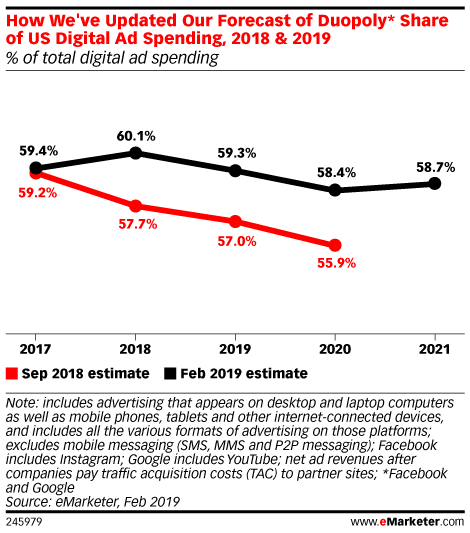
More from Tech
I put it together a long time ago, and it was very helpful! I sliced it apart a thousand times until things started to make sense.
It's TensorFlow and Keras.
If you are starting out, this may be a good puzzle to solve.
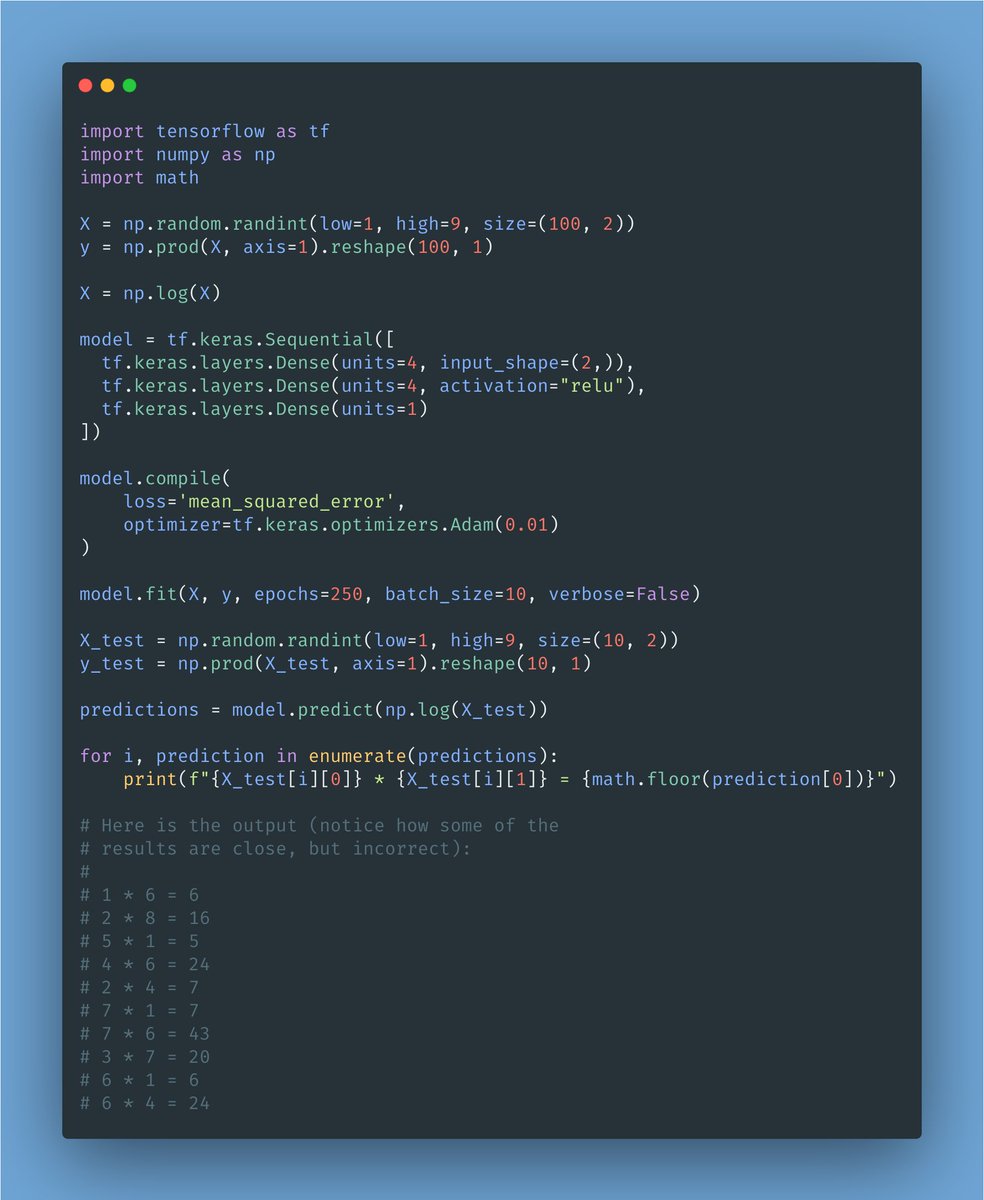
The goal of this model is to learn to multiply one-digit
It is a good example of coding, what is the model?
— Freddy Rojas Cama (@freddyrojascama) February 1, 2021
You May Also Like
He's STILL in charge of the Mueller investigation.
He's STILL refusing to hand over the McCabe memos.
He's STILL holding up the declassification of the #SpyGate documents & their release to the public.
I love a good cover story.......
The guy had a face-to-face with El Grande Trumpo himself on Air Force One just 2 days ago. Inside just about the most secure SCIF in the world.
And Trump came out of AF1 and gave ol' Rod a big thumbs up!
And so we're right back to 'that dirty rat Rosenstein!' 2 days later.
At this point it's clear some members of Congress are either in on this and helping the cover story or they haven't got a clue and are out in the cold.
Note the conflicting stories about 'Rosenstein cancelled meeting with Congress on Oct 11!"
First, rumors surfaced of a scheduled meeting on Oct. 11 between Rosenstein & members of Congress, and Rosenstein just cancelled it.
Rep. Andy Biggs and Rep. Matt Gaetz say DAG Rod Rosenstein cancelled an Oct. 11 appearance before the judiciary and oversight committees. They are now calling for a subpoena. pic.twitter.com/TknVHKjXtd
— Ivan Pentchoukov \U0001f1fa\U0001f1f8 (@IvanPentchoukov) October 10, 2018
Funny there are those who think these migrant caravans were a FANTASTIC idea that's going to take the immigration issue away from you.
— Brian Cates (@drawandstrike) November 26, 2018
Like several weeks watching a rampaging horde storm the fences & throw rocks at our border patrol agents & getting gassed = great optics!
This media manipulation effort was inspired by the success of the "kids in cages" freakout, a 100% Stalinist propaganda drive that required people to forget about Obama putting migrant children in cells. It worked, so now they want pics of Trump "gassing children on the border."
There's a heavy air of Pallywood around the whole thing as well. If the Palestinians can stage huge theatrical performances of victimhood with the willing cooperation of Western media, why shouldn't the migrant caravan organizers expect the same?
It's business as usual for Anarchy, Inc. - the worldwide shredding of national sovereignty to increase the power of transnational organizations and left-wing ideology. Many in the media are true believers. Others just cannot resist the narrative of "change" and "social justice."
The product sold by Anarchy, Inc. is victimhood. It always boils down to the same formula: once the existing order can be painted as oppressors and children as their victims, chaos wins and order loses. Look at the lefties shrieking in unison about "Trump gassing children" today.






